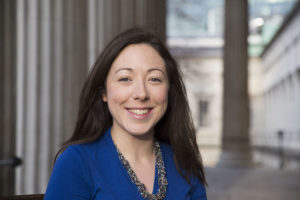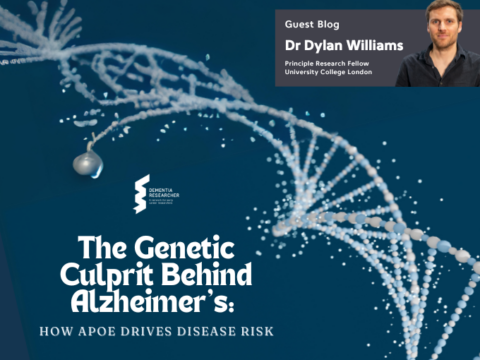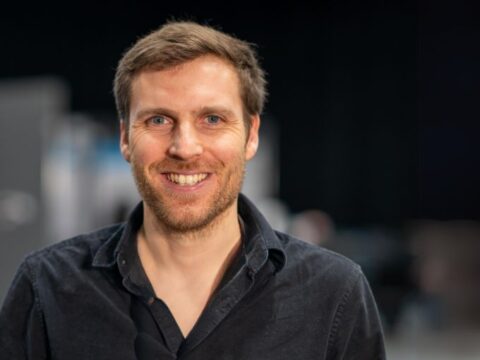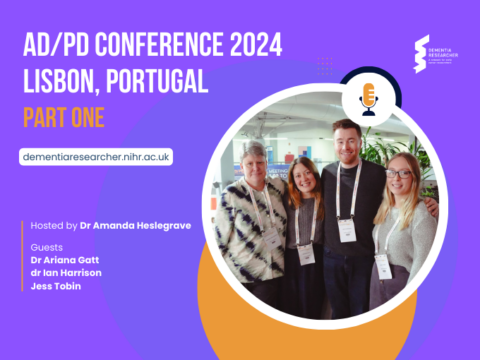Name:
Dr Ione Woollacott
Job Title:
Clinical Research Fellow
Place of work / study:
Dementia Research Centre, UCL Institute of Neurology
Area of Research:
Frontotemporal dementia, with a focus on fluid biomarkers and neuropathology
Tell us a little about yourself:
I am a Neurology registrar in the final year of my PhD, exploring markers of inflammation in frontotemporal dementia. I split my research time between three research departments at the UCL Institute of Neurology, working on cerebrospinal fluid and post mortem brain tissue samples from individuals with frontotemporal dementia. I have also performed medical assessments and lumbar punctures for two FTD research studies at the Dementia Research Centre, and seen patients in a weekly cognitive disorders clinic at the National Hospital for Neurology and Neurosurgery, which my PhD supervisor, Dr Jonathan Rohrer, runs.
I did an intercalated BSc in Neuroscience during my medical degree at the University of Bristol, then the Academic Foundation Training Programme at King’s College London, where I worked on motor neuron disease genetics. After that I did an NIHR Academic Clinical Fellowship in Neurology at UCL, which is when I became interested in the overlapping condition, frontotemporal dementia. After my first year of registrar training I obtained a Medical Research Council Clinical Research Training Fellowship to do my PhD. I am passionate about teaching and science public engagement, and love the challenge and variety of clinical academic life.
Tell us a fun fact about yourself:
I play in an all-female recorder quartet called The Quartelles, which I founded through playing in the London Recorder Orchestra.
Why did you choose to work in dementia?
During my Neuroscience BSc, the molecular aspects of how synapses and signals could make a person and their memories really fascinated me. However, when I worked with people with dementia during summer jobs in nursing homes, I realised how devastating a loss of a person’s mind and self can be. Neurology is a lot about listening to a person’s story, and piecing together bits of evidence together to reach a diagnosis and find a treatment. However, for people with dementia, the story often seemed to stop there, as no treatments were available. I wanted to help advance things further for them, to find out why things have happened, and what we can do about it. The breadth of the problem and yet the variety of techniques we can use to understand disease mechanisms in dementia also appealed to me. The patients I see in our research studies and clinics regularly inspire my research questions, and the generosity of patients and their families in helping us to advance our research pushes me onwards to make things change for the better.

 Print This Post
Print This Post




